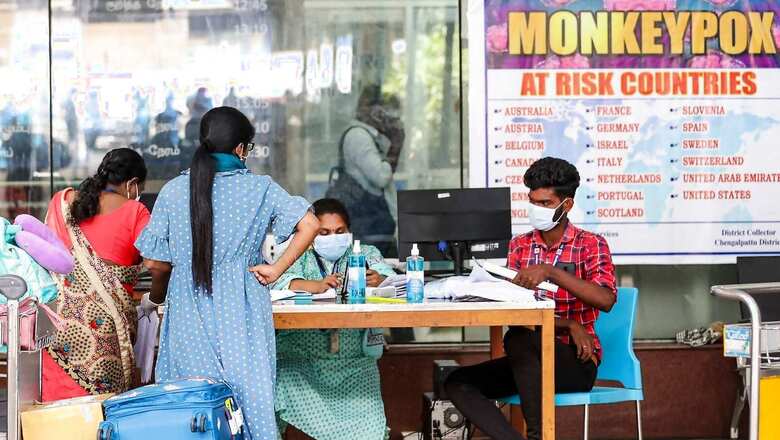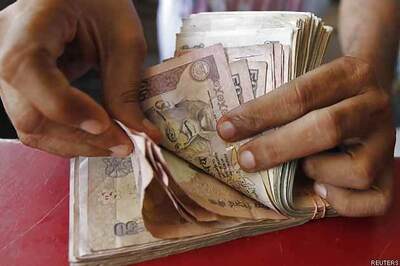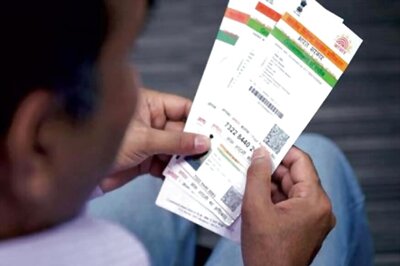
views
World Health Organisation’s (WHO) Regional Director of South-East Asia Region called the rapidly spreading Monkeypox cases a “matter of concern” and appealed to countries to strengthen surveillance and public health measures for the disease.
The statement comes as the WHO declared Monkeypox as a public health emergency of international concern.
“Monkeypox has been spreading rapidly and to many countries that have not seen it before, which is a matter of great concern. However, with cases concentrated among men who have sex with men, it is possible to curtail further spread of the disease with focused efforts among at-risk population,” Dr Poonam Khetrapal Singh, Regional Director, WHO South-East Asia Region said.
Globally, over 16,000 cases of monkeypox have been reported from 75 countries. In the WHO South-East Asia Region, four cases of monkeypox have been reported, three from India and one from Thailand.
India on Sunday reported its fourth case as a 34-year-old man from Delhi with no history of foreign travel tested positive for the Monkeypox virus. The man had attended a stag party recently in Manali in Himachal Pradesh, official sources told PTI.
Three previous cases have been reported from Kerala among nationals who returned home from the Middle East.
Earlier on Friday, two children were diagnosed with monkeypox in the US. One is a toddler in California and the other an infant who is not a U.S. resident but was tested while in Washington, D.C., according to the Centers for Disease Control and Prevention.
The decision to term monkeypox as a public health emergency of international concern (PHEIC) was announced by Tedros Adhanom Ghebreyesus, Director-General WHO on Saturday, a day after he convened yet another meeting of the International Health Regulations (IHR) emergency committee to review the multi-country outbreak.
Monkeypox virus is transmitted from infected animals to humans via indirect or direct contact. Human-to-human transmission can occur through direct contact with infectious skin or lesions, including face-to-face, skin-to-skin, and respiratory droplets.
In the current outbreak in countries and amongst the reported monkeypox cases, transmission appears to be occurring primarily through close physical contact, including sexual contact. Transmission can also occur from contaminated materials such as linens, bedding, electronics, clothing, that have infectious skin particles.
Read all the Latest News and Breaking News here


















Comments
0 comment